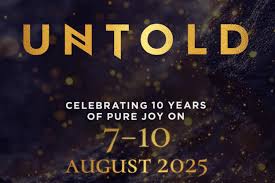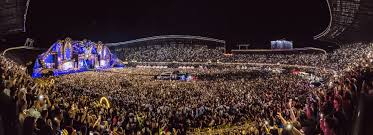Living the Electric Dream: UNTOLD X's Immersive Ecosystem |
||
 
|
||
|
||
| Writer: Vlad Ionut Piriu | ||
|
I don't have Facebook
|
||
Living the Electric Dream: UNTOLD X's Immersive Ecosystem | FESTIVALPHOTO








